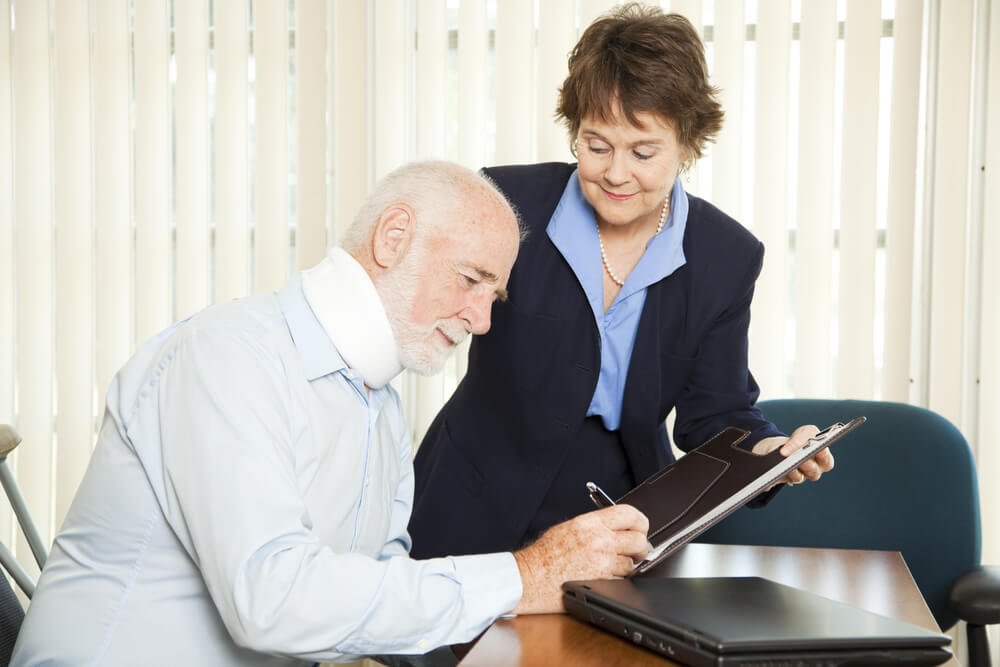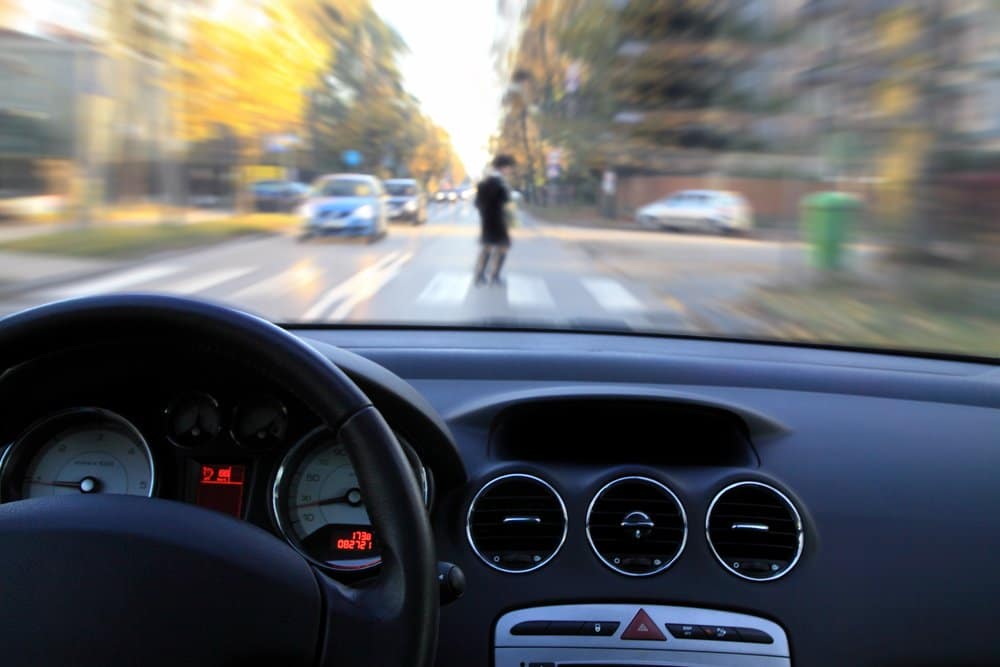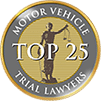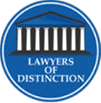Proving Fault In An Injury Claim
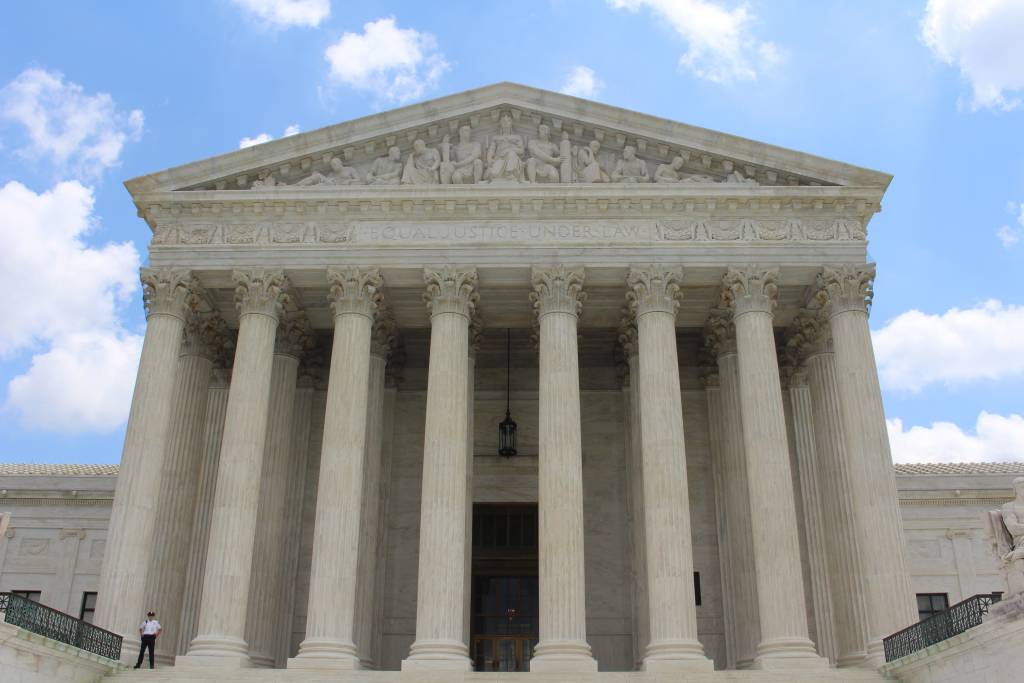
In Georgia, if you’re injured by a person who was negligent, you are entitled to compensation for your medical expenses, your lost wages, and all other accident-related damages. But obtaining compensation isn’t as easy as it sounds.
Think about it. When someone is injured, it’s almost always because someone was careless.
Whether it’s a traffic accident injury, a slip-and-fall injury at a restaurant or a supermarket, or a dog bite injury on your own street, the central legal question about an accident with injuries is simply this: Who was at fault? Can an Atlanta car accident attorney help?
What Legal Principles Are Used to Determine Fault?
The basic legal rule is that the person who was at fault should pay for the damages suffered by the injured person. If both people were partially at fault, the more negligent person should pay at least part of the more responsible person’s damages.
To determine liability in a particular case, that basic rule is usually combined with one or more of these five legal principles:
Under the legal doctrine of comparative negligence, if the victim was also negligent, compensation should be reduced by the percentage of the victim’s fault.
Under Georgia’s “modified” comparative fault system, each party is liable for damages in proportion to each party’s own percentage of fault, unless the injury victim’s own negligence reaches fifty percent, at which point no damages may be recovered.
If the injury victim was not where he or she should have been – usually meaning if the victim was trespassing or in a restricted area – or was where he or she should have reasonably expected the type of activity that caused the accident and injury, a property owner may not in many cases be liable for any damages.
If someone is injured using a defective consumer product, sellers and distributors, as well as manufacturers, may in some cases be partially liable.
When an accident with injuries happens on private property because the owner has maintained the property carelessly, that owner may be liable even if he or she did not directly create the dangerous condition that caused the accident.
If a negligent party causes an accident with injuries while he or she is employed and at work for a third-party employer, that employer may have partial liability.
In traffic accidents, a vehicle owner who loans his or her vehicle to a driver who causes an accident may also in some cases have partial liability.
How Does Georgia’s Modified Comparative Fault System Work?
Even if you are somewhat distracted or careless when an accident happens and you’re injured, if another person injured you and that person were negligent, an experienced Atlanta personal injury attorney may be able to help you recover some compensation.
Here’s an example of how it might work in a typical accident scenario here in Georgia.
Let’s say that you are speeding – not excessively, but maybe five over seven miles per hour over the limit – and you are proceeding through a green traffic signal when your vehicle is struck by an intoxicated driver coming through a red light at thirty miles per hour over the speed limit.
Then let’s say – to make the math easy – that your total damages amount to $100,000.
Most injury cases are settled out of court. Lawyers for both sides negotiate an agreement that all parties involved can accept.
But if no settlement is achieved and your case goes to trial, a jury might award you the full $100,000, or they might decide that your five or seven miles per hour over the speed limit makes you ten or twenty percent at fault for the collision and award you only $80,000 or $90,000.
When an Accident Happens, What Steps Should You Take?
Experienced Atlanta personal injury attorney Theodore A. Spaulding with Spaulding Injury Law explains, “not all injury cases involve an issue of proving fault, but in the ones that do, it becomes imperative that you know what evidence to look for to help proving fault in each particular type of case … and get to that evidence quickly, often time before you know fault is or is not an issue.”
If you’re injured by negligence in any kind of accident, even before you speak to a personal injury attorney, you need to take some basic steps to protect yourself.
Get medical attention at once for yourself and for anyone else injured in the accident.
If it’s a traffic collision, call the police, and exchange contact and insurance information with the other driver or drivers.
If you’re injured at work, report your injury immediately and follow your employer’s procedures for dealing with an injury. If you are injured on private property, report your injury to the property’s owner or manager.
If it’s a traffic accident, you’ll have to inform your auto insurance company, but do not make any formal statement, sign any document, or allow the company to record you.
What Kind of Evidence Might Help Prove Fault?
Take photographs of your visible injuries, any associated property damage, and the general accident site or location. If eyewitnesses saw what happened, try to get their names and a way to contact them later.
You may need their statements or their testimony to support your personal injury claim. Of course, immediately after an accident, you can’t know what evidence or testimony you may need later, so you must be prepared.
After receiving medical treatment for your injury or injuries, discuss your case right away with an experienced Atlanta personal injury attorney.
That attorney will tell you candidly if you can and should file a personal injury lawsuit, and if the recommendation is to sue, that attorney will launch an investigation of the accident, gather evidence, question witnesses, negotiate aggressively for a fair settlement, and take your case to trial if necessary.
Some states like Montana have different laws and Montana personal injury attorneys can help.
Proving fault isn’t always easy in a personal injury case, but if you get medical treatment at once, take photographs, and you have eyewitnesses and a good attorney’s help, you should be able to prove fault, and you’ll be in a good position to receive compensation for your medical expenses, lost wages, and all other related losses and damages after an accident.





